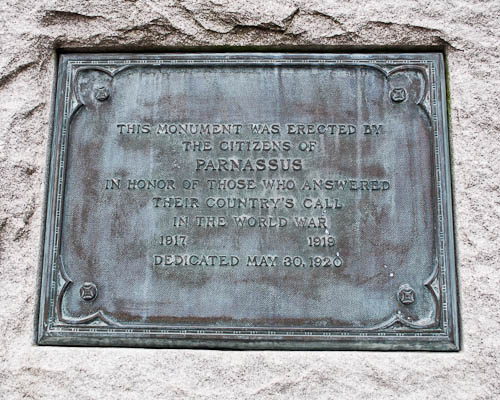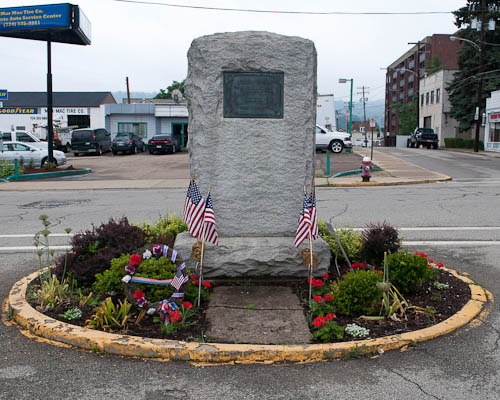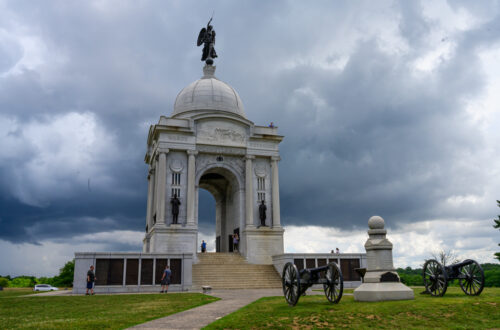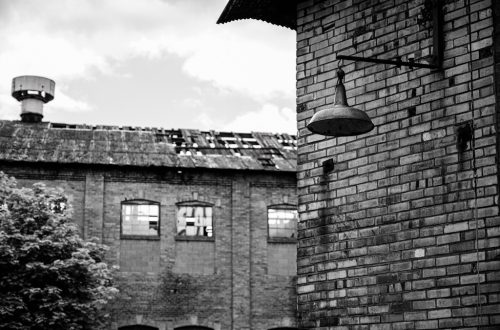Remembering World War I
 This month (June 28) is the 100th anniversary of the assassination of Archduke Franz Ferdinand and his wife, Sophie. The aftermath led to World War I.
This month (June 28) is the 100th anniversary of the assassination of Archduke Franz Ferdinand and his wife, Sophie. The aftermath led to World War I.
My relatives suffered and sacrificed as a result of World War I, as did millions of others. As your family most likely suffered and sacrificed.
Family lore says that my great-grandfather once pitched a no-hitter with his right arm in a nonprofessional baseball game. He lost his right arm serving the United States in the First World War. He later pitched a second no-hitter, this time with his left arm. He also farmed with two mules (that he whipped) named Kaiser Bill and Franz Joseph.
Another set of great-grandparents still lived in Germany during the War, but left in the 1920’s or 30’s. A still different branch of the family lived in Britain during the War. I know that they all had stories that I will never learn. I just want to take note of this anniversary because this assassination led to the Great War and it impacted all of these lives, all of these families.
Here are two photos that I took today of the World War I monument in my neighborhood of Parnassus. The monument sits at an intersection with a traffic light, between Freeport Street and a turning lane. I need to walk out into the turning lane to study it. I have trouble reading the inscription until I walk right up to it. It says:
THIS MONUMENT WAS ERECTED BY
THE CITIZENS OF
PARNASSUS
IN HONOR OF THOSE WHO ANSWERED
THEIR COUNTRY’S CALL
IN THE WORLD WAR
1917 1919
DEDICATED MAY 30, 1920
I think about the residents of Parnassus who rallied to build this, the crowd that must have been there for the dedication. What did they suffer and sacrifice in the War?
(Maybe I spent too much time this past winter watching the second season of “Downton Abbey,” which took place during the War. I prefer instead to blame this blog entry on L.M. Montgomery and especially her novel “Rilla of Ingleside.” “Rilla” is the seventh sequel to the “Anne of Green Gables” series. Some might consider it century-old chick lit, but in my opinion it can be read on its own as a good story about the Canadian home front from 1914- 1919. I read “Rilla” twenty years ago, but I re-read it this spring. Then I started to read Montgomery’s short story collection “The Blythes are Quoted,” which frequently mentions both World Wars.)



